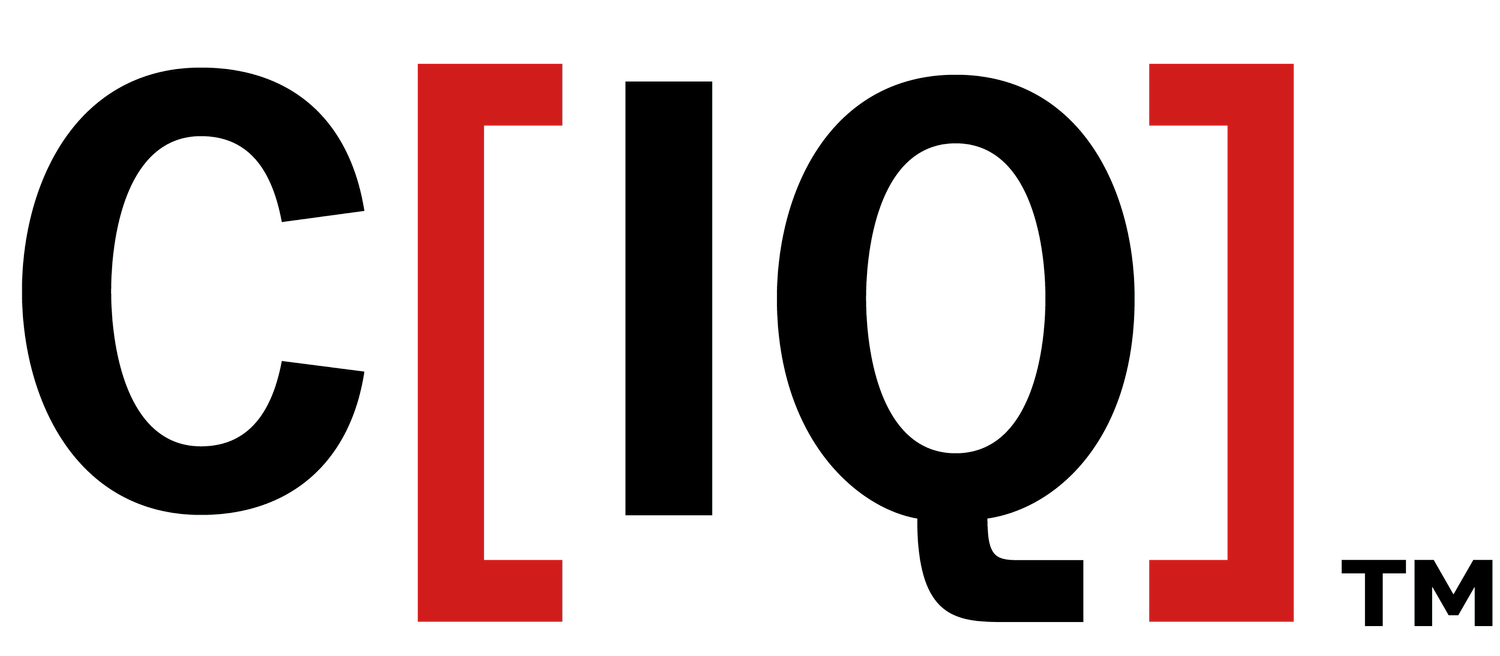Social Media is a Good Thing, Until its Not
Last Fall the British government established an independent panel to try to make some sense of what happened during that fateful five days of riots 06.August to 10.August. They looked at all aspects of the social phenomenon of lawless havoc. One of the more interesting elements they considered were charges that social media may have been largely responsible or at least a catalyst. What caused our tail to straighten and ears to perk was the notion that the government might need a "kill switch" of some sort for social media services including texting and Twitter to prevent a recurrence of this scourage of illegal assembly (or disassembly as the case may have been.)
In particular, reported the Guardian newspaper, Steve Kavanagh, the deputy assistant commissioner of the Metropolitan Police charged that "Inflamatory and inaccurate messages on Twitter were the primary culprits of the melee."
"Social media and other methods have been used to organise these levels of greed and criminality."
Our Take: Sure, social media is to blame in exactly the same way flyers, banners, telephones, fax machines, and bull horns were the principal culprits behind riots of the industrial age. We're going to go out on an intellectual limb here and suggest that if you're going to blame the tool, you're unlikely to be very successful at quashing a riot. If people want to speak out, they're going to speak out; whether they charge up the battery and speak through a bull horn, or charge up their phone and let their thumbs do the talking. But that's not really our point today.
Actually, our Friday's "Parting Shot" is about to be fired, so read on.
You see, this independent U.K. panel recently published an interim report, and their response to the social media question (also reported in the Guardian) is eye widening:
On the role of social networks, the panel concluded that rioters were aided by instant messaging services but warned against plans to shut down websites such as Twitter and Facebook. They pointed out that the UK has pledged support for the open use of social media during the Arab spring uprising across the Middle East.
"Mobile communications technology is continually evolving and new developments may benefit the police and authorities rather than rioters," the panel concluded. They added that some mobile networks have installed systems to detect crowds and the direction they are moving in so they can manage congestion.
"In the future, it may be possible to use cell congestion monitoring as a tool to tackle rioting," the report found. "What is clear from the riots is that there is no simple 'switch off' solution. Viral silence may have as many dangers as viral noise."
To us, the highlight is the naked comparison to the Arab spring riots. That's a disruptive topic, with many people vigilantly defending rioters in a stable democracy (United Kingdom or here at home in the USA) as fundamentally different than those in living under an oppressive government (Syria). While we understand how people have less sympathy for the former, this argument should be concerning because it is used as justification for stronger methods of stopping riots (e.g., a "kill switch" for Blackberries and Twitter).
We think that produces an unsettling paradox: the idea that oppressive measures are acceptable, but only for non-oppressive governments. While it's simple to look at some of the London rioters and see spoiled kids acting like thugs, we should be careful: Bashar al-Assad views the rioters in his country the same way.
And by the way, in as much as rioters used digital media (perhaps Blackberry Messenger more than Twitter from what is being learned), Twitter and other social media tools were also used to organize clean up efforts and emergency medical assistance.
So, we applaud the London investigative panel in their acknowledgment of the double-standard that could emerge as quoted above, because it raises a serious paradox (not to mention the trouble with blaming the tool). It provides this unsettling notion of recognizing that...
Social media is a good thing... until its not.
It shouldn't take too much noodling to apply the learning from this to your own social media strategy for customer relationship management in general, and brand management in particular.
